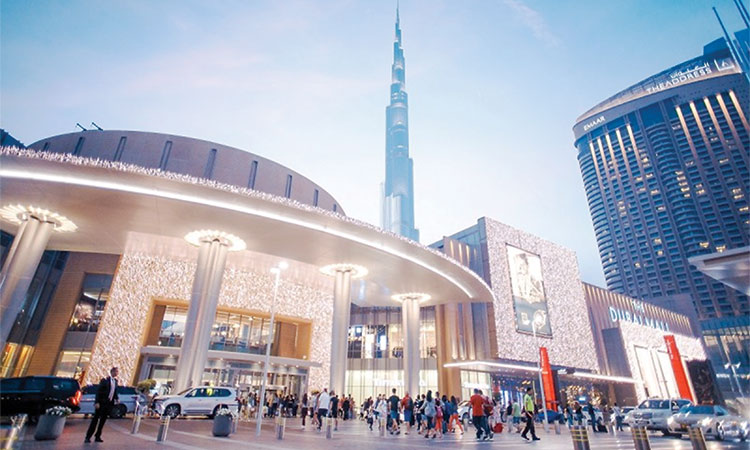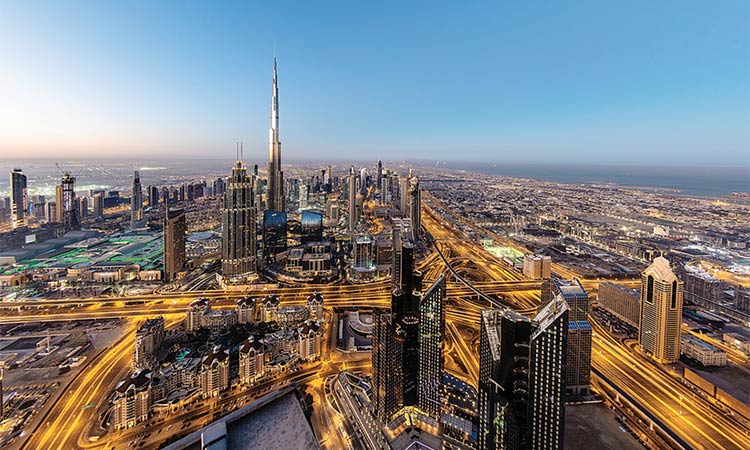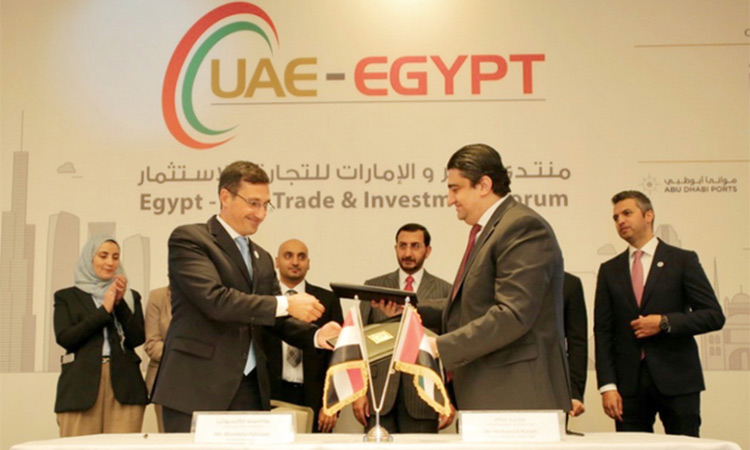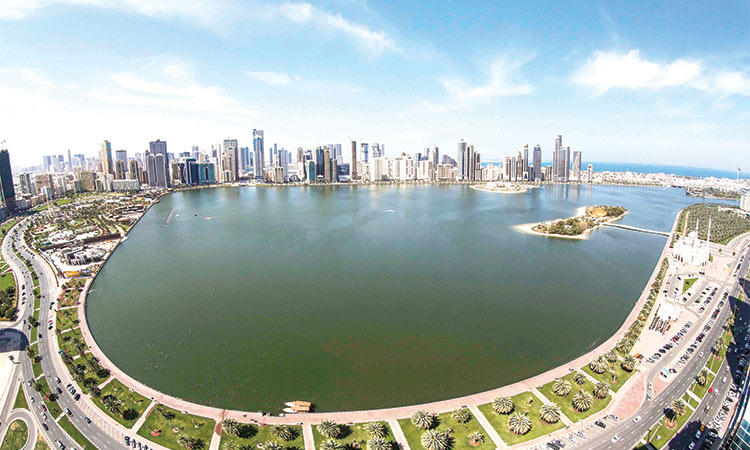UAE and Iran hold meet to promote cooperation in new economy sectors

Abdulla Bin Touq Al Marri and Mehrdad Bazrpash during event in Abu Dhabi.
The session, which was attended by several government officials from both sides, explored the strengthening of cooperation in many economic sectors of mutual interest. These include the new economy, tourism, transport, entrepreneurship, energy and renewable energy, SMEs, innovation, logistics, agriculture and environment. The meeting also discussed the means to support joint efforts needed to elevate bilateral economic relations to new heights.
Bin Touq noted that the UAE-Iran economic partnership continues to grow across various fields, serving as one of the key pillars supporting the bilateral ties. The UAE is keen to expand the scope of the economic and trade cooperation with Iran to more areas of shared interest, he said.
He stated: “The convening of the first session of the UAE-Iran JEC reflects our shared aspirations to solidify existing economic ties and expand them to the future sectors. These efforts are in line with the UAE wise leadership’s vision to strengthen the country’s bilateral cooperation with global partners.”
Moreover, the Minister of Economy apprised the Iranian delegation of the economic developments witnessed by the UAE’s business environment over the recent years. Most notably, these include the amendments made to the Commercial Companies Law to allow 100 per cent foreign ownership, modernization of visa and residency systems and introduction of self-employment and green residency pathways to enhance the country’s attractiveness to talent, investors, employers and businesses. He also reviewed the promulgation and introduction of new federal laws, including those concerning family businesses, commercial agencies, cooperatives and trade through modern technical means. These economic developments ensure a favorable climate for various business models, thus promoting sustainable growth of the UAE economy. Apart from these, the launch of initiatives designed to support the national economy’s transition to a circular model, most notably the ‘UAE Circular Economy Policy 2031,’ were highlighted.
The inaugural UAE-Iran JEC session also discussed new mechanisms to enhance trade exchanges and the key role played by the private sector in promoting economic cooperation. The provision of all means of support to exporters and importers to facilitate trade exchanges and the diversification of these goods and services; and the opening of new communication channels between the two private sectors also formed part of the discussions.
The two sides agreed to establish joint technical task forces to follow up on the implementation of the Committee’s outputs, which outline economic and trade cooperation in the immediate future. The JEC also agreed to provide various programs and facilities to promote the growth of SMEs and support their exports in entering new markets.
Furthermore, the two sides explored the strengthening of cooperation and investment in sectors and activities related to tourism, trade, traditional energy, renewable energy and industry, R&D, institutional innovation, the exchange of knowledge in financial markets, entrepreneurship, agriculture and aviation.
A few days earlier, Abdullah Bin Touq Al Marri, Minister of Economy, led the UAE delegation at the World Economic Forum (WEF) Special Meeting on Global Collaboration, Growth and Energy for Development in Riyadh, Saudi Arabia, which was held on 28th and 29th April. The delegation included Abdullah Ahmed Al Saleh, Under-Secretary at the Ministry of Economy.
At the forum, Bin Touq took part in a session on the future of sustainable tourism development and leveraging tourism’s potential as a primary driver for agile economic growth.
Acknowledging the tourism sector’s key role in boosting global economic growth, Bin Touq said that it also serves as a key pillar in the achievement of SDGs by 2030. This is due to its significance and broad impact on delivering sustainable development for nations through increasing revenues, attracting FDI, creating job opportunities, establishing varied tourism ventures, and enhancing transport infrastructure.
Bin Touq explained that in addition to contributing to the growth of related services and industries such as hospitality, transport services, leisure and retail sectors, tourism contributes to creating job opportunities for people of all ages, reducing unemployment rates. He further pointed out that by 2033, this dynamic sector is projected to boost its contribution to the global GDP to $15.5 trillion, accounting for 11.6 per cent of the world economy. It is expected to provide employment for around 430 million individuals globally, which makes up almost 12 per cent of the global workforce, as per the World Travel and Tourism Council’s projections.
During the session, Bin Touq emphasised that sustainability is key to boosting the tourism sector’s growth in the immediate future, particularly given the current global environmental and social challenges. It calls for strengthening the collaborative efforts across all fronts and levels to attain harmony between economic and environmental progress as well as social accountability.
Furthermore, Bin Touq highlighted the UAE’s commitment to enhancing the regional and global tourism infrastructure to ensure the sustainability of the sector. He indicated that there are challenges ahead for sustainable tourism, most notably the necessity to upskill the workforce, improve their performance and expertise in tourism, and foster innovation and creativity across various tourism fields and activities.







